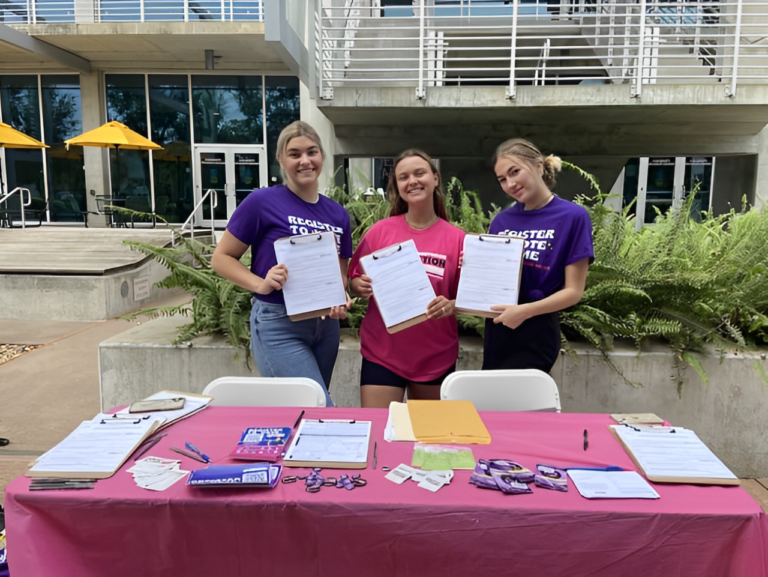Despite cannabis being illegal in Florida, discussions about it are becoming more common, especially during events like 4/20 celebrations. As the topic gains attention, it’s essential for parents and educators to provide accurate information and guidance to young people.
According to a recent survey, fewer high school students in Florida are using marijuana compared to previous years. This decline is attributed to effective drug education efforts. Parents and educators can build on this progress by addressing cannabis-related questions and concerns in age-appropriate ways.
When talking to children or teenagers about cannabis, it’s crucial to use language they can understand and provide clear explanations about the risks involved. Parents and educators should also empathize with the challenges young people face, such as peer pressure, and offer support and guidance.
Setting rules and boundaries around cannabis use is important, but it’s equally essential to discuss these rules calmly and positively. Instead of lecturing, engage in open and honest conversations with children and teens, allowing them to ask questions and share their thoughts.

Encouraging children and students to have an “exit plan” when faced with peer pressure to use marijuana can empower them to make healthier choices. By promoting open communication and providing support, parents and educators can help young people navigate the complexities of growing up.
Related Articles:
- Missing Kansas Women Found Deceased in Oklahoma, Four Charged with Murder
- Governor Abbott’s Small Business Summit Comes to Town This Thursday
- Florida Bans Local Heat Protections for Outdoor Workers, Following Texas
Ultimately, education, prevention, and rehabilitation are key components in addressing substance use issues among youth. By fostering awareness and understanding about cannabis, parents and educators can play a vital role in guiding young people toward making informed and responsible decisions.







+ There are no comments
Add yours